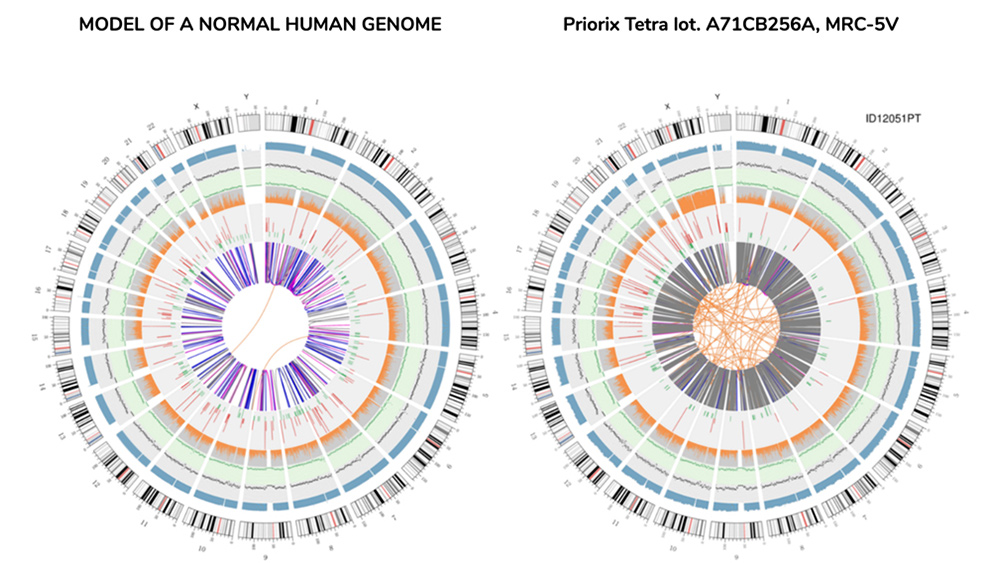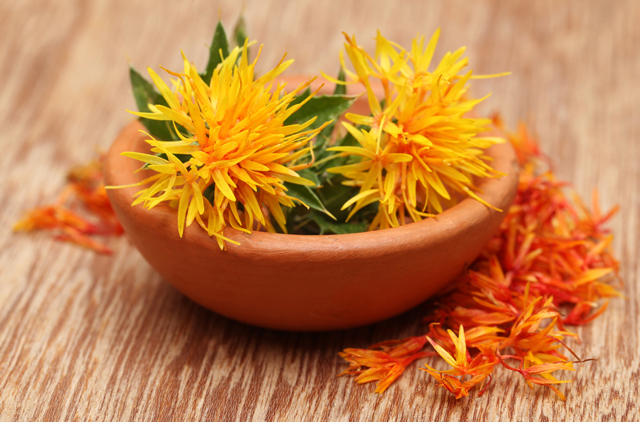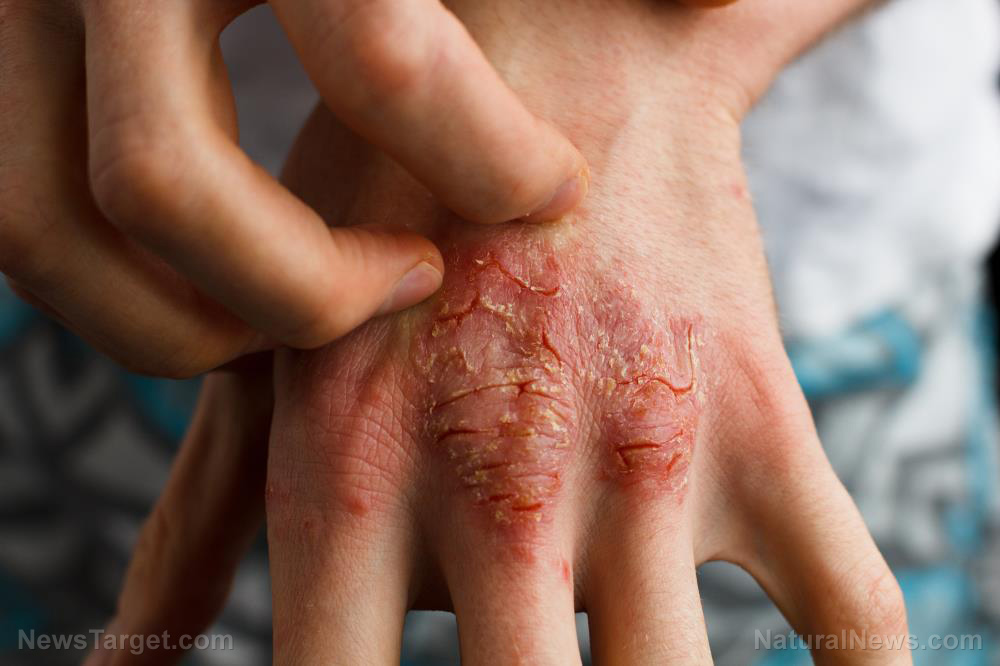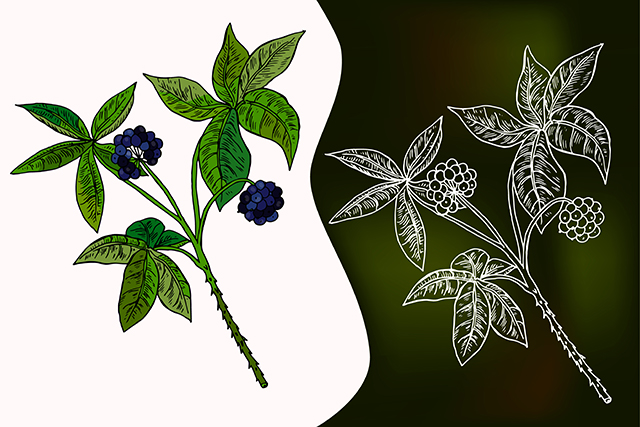Oriental herbal medicines found to improve symptoms of nervous system disorders in children
10/03/2019 / By Evangelyn Rodriguez
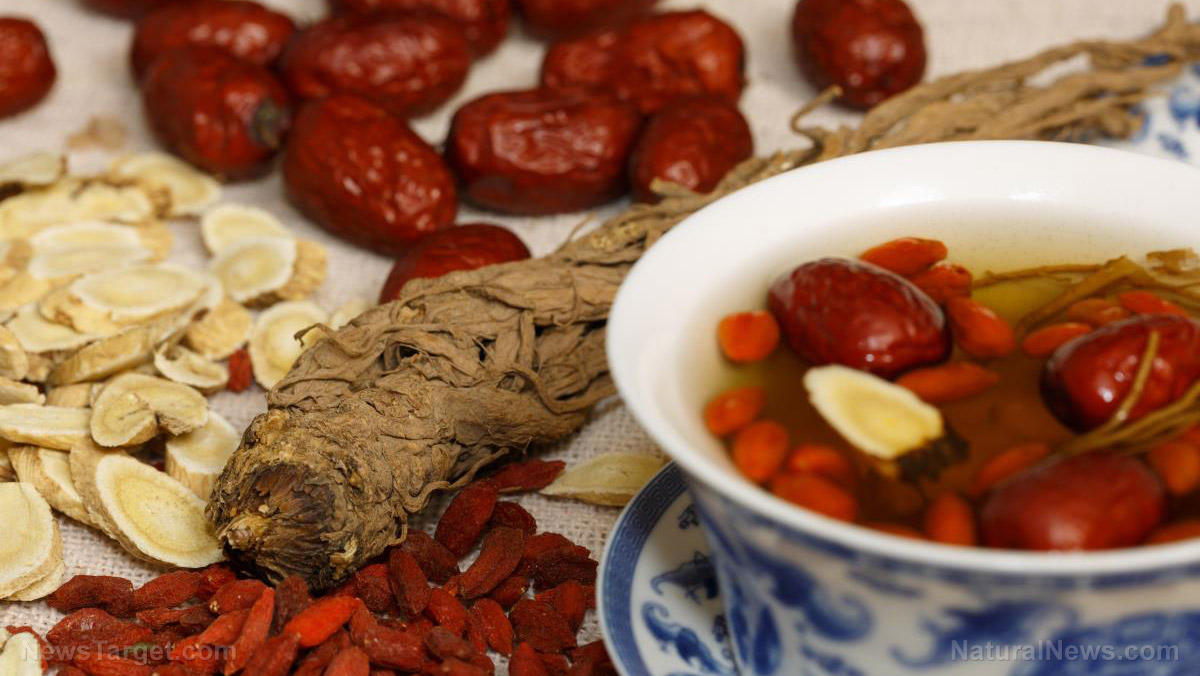
In recent years, the use of oriental herbal medicines for the treatment of various conditions has become prevalent in many countries. Complementary and alternative medicine (CAM), an additional health care system that relies on mind/body practices and natural products, involves the use of these medicinal herbs as well as other forms of natural therapies. CAM is now applied in a wide variety of cases, including pre- or post-conventional cancer treatments, the management or prevention of diabetes and obesity, and when addressing neurological disorders. In an article published in The American Journal of Chinese Medicine, researchers from Kyung Hee University in South Korea looked into the potential of oriental herbal medicines to treat pediatric neurological disorders. Their review contains a summary and evaluation of the effects of these herbs, as demonstrated by multiple studies.
Oriental herbal medicines can improve symptoms of epilepsy and cerebral palsy
Oriental herbal medicines are widely used to treat neurological disorders in children and have proven to be safe and effective complementary treatments. In a recent study that appeared in the Korean Journal of Pediatrics, researchers highlighted the higher frequency of CAM use among children with neurological conditions compared with pediatric patients who use CAM for other purposes. Based on self-reports, multivitamins and herbal remedies are the most commonly used CAM.
For their review, the researchers obtained up-to-date research data from nine electronic databases. These included systematic reviews that assessed the efficacy of oriental herbal medicines in treating pediatric neurological disorders. The researchers analyzed 16 systematic reviews, which consisted of 169 randomized controlled trials and involved 19,542 participants in total. The researchers assessed the methodological quality of each review and the evidence they presented.

|
Discover how to prevent and reverse heart disease (and other cardio related events) with this free ebook: Written by popular Natural News writer Vicki Batt, this book includes everything you need to know about preventing heart disease, reversing hypertension, and nurturing your cardiac health without medication. Learn More. |
For different pediatric neurological disorders, the researchers reported the following results:
- Epilepsy — Oriental herbal medicine, when used as an adjunct or an alternative therapy, improved clinical symptoms in children better than anti-epilepsy drugs.
- Cerebral palsy — When oriental herbal medicine was added to rehabilitation, children had higher scores for the Activities of Daily Living scale.
- Tic disorder — The results of studies were inconsistent.
- ADHD — The results of studies were inconsistent.
- Autism spectrum disorder — The results of studies were inconsistent.
In terms of quality, the researchers found that the methodological quality of the reviews ranged from medium to high, while the overall quality of evidence ranged from “very low” to “moderate.” The reviews did not mention any fatal adverse reactions to herbal medicines.
The researchers concluded that oriental herbal medicines show promise as complementary treatments for pediatric neurological disorders like epilepsy and cerebral palsy, although more evidence is needed before they can be recommended for clinical use.
Herbal medicines for cerebral palsy and epilepsy
Herbal medicines, when used as adjuncts, can enhance the effects of conventional medications. According to studies involving Korean patients, the use of traditional herbal medicines together with anti-epileptic drugs results in better seizure control, and longer seizure-free periods. The use of herbal medicines is also common among patients with epilepsy in other parts of the East and in Africa. (Related: Several herbal medicines have a long history of successfully treating seizures.)
Herbs that have a calming effect are great complementary medicines for anti-epileptic drugs. Some examples include:
- Chamomile (Matricaria chamomilla)
- Passionflower (Passiflora incarnata)
- Valerian (Valeriana officinalis)
- Kava (Piper methysticum)
Herbs that improve nerve communication can also help patients with cerebral palsy. According to studies, these natural medicines have beneficial effects on cognitive function, verbal function, gross motor function, and behavior when used in combination with conventional medicine. Some examples of herbs that help alleviate symptoms of cerebral palsy are:
- Echinacea (Echinacea purpurea)
- Ginger (Zingiber officinale)
- Astragalus root (Astragalus propinquus)
Herbs can be used in many ways. They can be taken as supplements or used for food flavoring or to make herbal teas. On the other hand, some herbs possess highly reactive compounds that may interfere with other medications. If you wish to use herbs as complementary medicine, seek advice from your health care provider first.
Sources include:
Tagged Under: adhd, alternative medicine, astragalus, autism, brain function, brain health, CAM, Cerebral palsy, chamomile, children's health, Complementary and alternative medicine, disease treatments, Echinacea, Epilepsy, ginger, herbal medicine, herbal medicines, Herbs, kava, medicinal plants, natural cures, natural medicine, nervous system, passionflower, pediatric neurological disorders, research, seizures, TCM, tic disorder, traditional Chinese medicine, valerian

